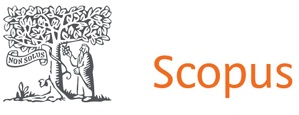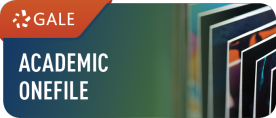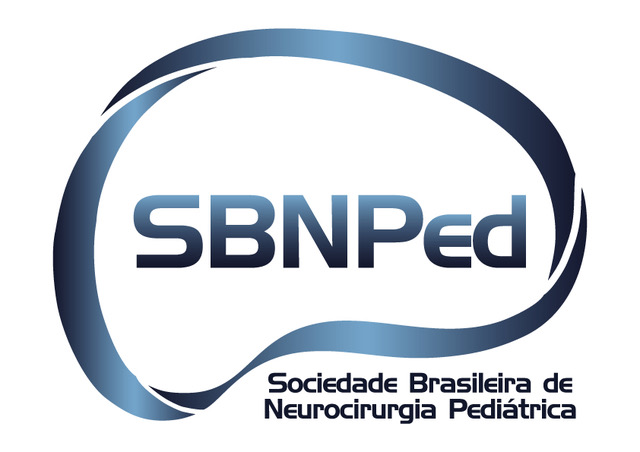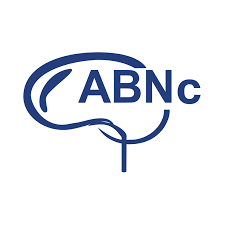Latin American Course in Pediatric Neurosurgery. A unique and different course!
DOI:
https://doi.org/10.46900/apn.v4i2(May-August).148Keywords:
Pediatric Neurosurgery, LACPN, Course, EducationAbstract
The enduring success of the European Course in Pediatric Neurosurgery, established 36 years ago by Maurice Choux, Concezio Di Rocco, and Karl Hovind, who organized it for the first time in Marseille, France in 1986, has motivated the propagation of similar courses in the Americas and Asia-Pacific regions.
This project was strongly encouraged and endorsed by the World Federation of Neurological Surgeons (WFNS), European Society for Pediatric Neurosurgery (ESPN), International Society for Pediatric Neurosurgery (ISPN) and the local pediatric institutions and leaders [1].
The aim of this course is to promote the development of pediatric neurosurgery through the education and training of residents and practicing neurosurgeons [2].
Designed to cover the major fields in pediatric neurosurgery, the scientific program is divided into annual courses over a 3-year cycle, with each annual course based on a 4-day program divided in morning sessions comprising lectures and case discussions, as well as afternoon sessions with lectures, videos, “hands-on”, and “solve a case” sessions.
During the course, a transfer of expertise between teachers, regarded as leading experts in their scientific field, and trainees is actively promoted and encouraged. The atmosphere of this course is informal and the number of trainees is thus limited in order to further promote open discussions and the development of collegiality relationships.
An official certificate of completion is awarded to those who attend the full cycle of courses (three parts).
The first Latin American Course in Pediatric Neurosurgery (LACPN) was held in Florianopolis, Brazil in March 2004, organized by Helio Machado and Ricardo Santos de Oliveira (3).
Following the astonishing success of the first course, the second course moved to Puerto Iguazu, Argentina (2005), and the third to Mangaratiba in Rio de Janeiro, Brazil (2006). The second cycle was held in Natal, Brazil (2007), Cordoba in Argentina (2008), and Campos do Jordao, Brazil (2009). The third cycle started in Pirenopolis, Brazil (2010) and moved to Puerto Vallarta, Mexico (2011), and Buenos Aires (2012). In 2013, we celebrated the tenth anniversary of our LACPN. The course was held in Imbassai, Bahia, Brazil.
After a pause, the LACPN restarted the fourth cycle in 2016, in Guaruja, then in 2018 in Lagoa Santa, and 2022 in Fortaleza. This cycle was done entirely in Brazil, and in 2020 the LACPN was recognize as an official course of the Brazilian Society for Pediatric Neurosurgery (SBNPed).
Over the past 18 years of LACPC more than 310 different trainees (from Brazil, Argentina, Chile, Colombia, Uruguay, Mexico, Venezuela, Bolivia, Cuba, and others) and 72 faculty invitees (from Brazil, Argentina, Chile, Mexico, USA, France, Italy, Costa Rica, Colombia, Turkish, Singapore, Spain, UK, and Australia) have attended the course.
The aim of the course is to have in each of the three regions (Europe, Latin-America, and Asia-Pacific) the same series of lectures and workshops, conducted in the same language, with the same organizational frame.
Through the promotion of the course worldwide, we hope to build a common spirit among neurosurgeons with pediatric interests, fostering the development of confidence, collaboration, and progress.
The LACPN is unique and different course. The course has ratings of over 80% in scientific programming, enabling an immersion in pediatric neurosurgery.
The 5th cycle will begin in 2024 Argentina (Tigres), near Buenos Aires and then in Rio de Janeiro (2026). Be part of LACPN!
Downloads
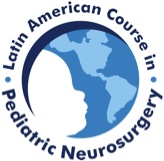
Additional Files
Published
How to Cite
Issue
Section
License
Copyright (c) 2022 Ricardo Santos de Oliveira, Matheus Fernando Manzolli Ballestero

This work is licensed under a Creative Commons Attribution 4.0 International License.

When publishing in Archives of Pediatric Neurosurgery journal, authors retain the copyright of their article and agree to license their work using a Creative Commons Attribution 4.0 International Public License (CC BY 4.0), thereby accepting the terms and conditions of this license (https://creativecommons.org/licenses/by/4.0/legalcode).
The CC BY 4.0 license terms applies to both readers and the publisher and allows them to: share (copy and redistribute in any medium or format) and adapt (remix, transform, and build upon) the article for any purpose, even commercially, provided that appropriate credit is given to the authors and the journal in which the article was published.
Authors grant Archives of Pediatric Neurosurgery the right to first publish the article and identify itself as the original publisher. Under the terms of the CC BY 4.0 license, authors allow the journal to distribute the article in third party databases, as long as its original authors and citation details are identified.









